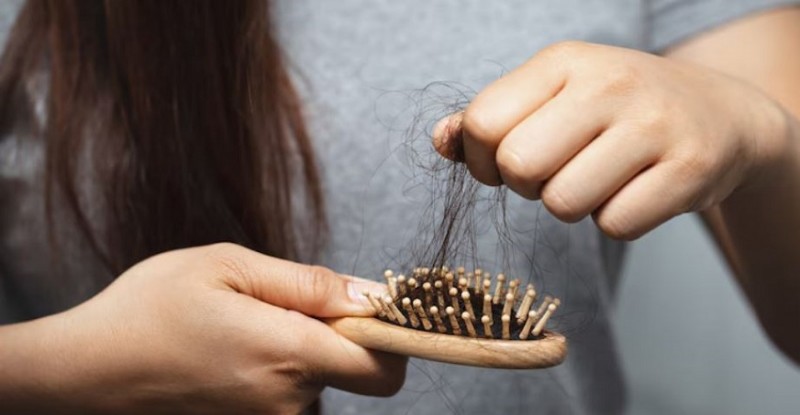
Understanding Zinc and Its Role in Hair Health: Zinc is a vital mineral that plays a crucial role in numerous bodily functions, including immune response, protein synthesis, wound healing, DNA synthesis, and cell division. One lesser-known but significant role of zinc is in maintaining healthy hair. Zinc contributes to hair tissue growth and repair and keeps the oil glands around hair follicles working properly. Therefore, a deficiency in zinc can lead to hair loss and other hair-related issues.
The Link Between Zinc Deficiency and Hair Loss
When your body lacks sufficient zinc, several hair-related problems can arise:
Hair Thinning and Loss: Zinc deficiency can disrupt the hair growth cycle, causing hair to enter the resting phase (telogen) prematurely. This can lead to telogen effluvium, a condition characterized by diffuse hair thinning and shedding.
Dandruff and Scalp Issues: Insufficient zinc levels can result in an unhealthy scalp, leading to dandruff and other scalp conditions that can contribute to hair loss.
Weakened Hair Structure: Zinc is essential for protein synthesis and cell division, both of which are critical for maintaining strong and healthy hair. A deficiency can weaken the hair shaft, making it more prone to breakage.
Identifying Zinc Deficiency
Common symptoms of zinc deficiency include:
If you suspect you have a zinc deficiency, it's essential to consult with a healthcare professional for a proper diagnosis and treatment plan.
How to Increase Zinc in Your Body
Increasing your zinc intake can help prevent hair loss and improve overall hair health. Here are some effective ways to boost zinc levels in your body:
Dietary Sources
Supplements
If dietary sources are insufficient, zinc supplements can be an effective way to meet your daily requirements. Zinc gluconate and zinc sulfate are commonly available forms. However, it's crucial to follow the recommended dosage, as excessive zinc intake can cause adverse effects such as nausea and interfere with the absorption of other essential minerals like copper and iron.
Enhancing Absorption
Balance Intake: Phytates found in whole grains and legumes can inhibit zinc absorption. To enhance absorption, soak, sprout, or ferment these foods.
Vitamin C: Including vitamin C-rich foods like citrus fruits, strawberries, and bell peppers in your diet can help improve zinc absorption.
Consult with a Healthcare Professional
Before making any significant changes to your diet or starting a supplement regimen, it’s advisable to consult with a healthcare provider to ensure it’s safe and appropriate for your specific needs.
Zinc plays a vital role in maintaining healthy hair, and a deficiency can lead to hair loss and other related issues. By understanding the importance of zinc and taking steps to increase your intake through diet, supplements, and improved absorption methods, you can support your hair health and prevent zinc deficiency. Always seek professional medical advice to tailor your approach to your individual health needs.
You Might also Like: